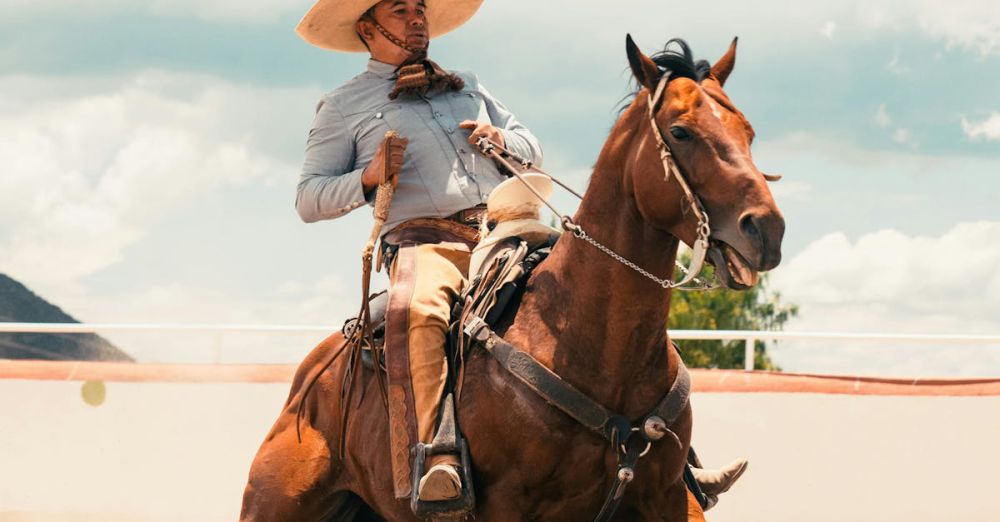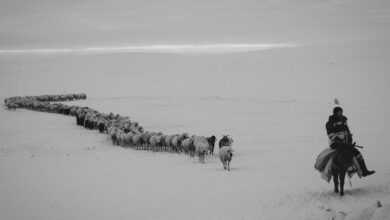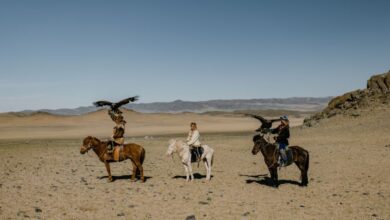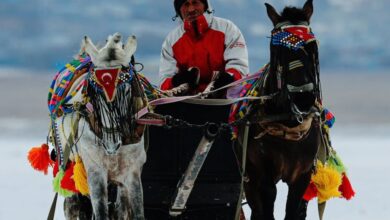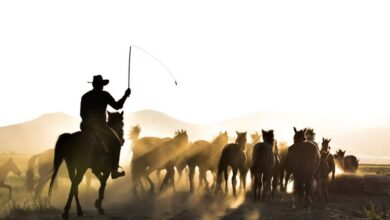Horseback Riding for Cultural Experiences
Horseback riding is often seen as a recreational activity or a competitive sport, but it also serves as a gateway to rich cultural experiences. With a horse beneath you, the world unfolds in a unique way, offering insights into local traditions, histories, and lifestyles. Whether traversing the rugged terrain of the Andes, exploring the vast plains of Mongolia, or wandering through the vineyards of France, horseback riding allows travelers to connect with the essence of the land and its people.
Exploring Indigenous Cultures
In many regions, horseback riding is deeply intertwined with indigenous cultures. In North America, for instance, the traditional practices of Native American tribes showcase the horse’s significance in their daily lives. Participating in guided horseback tours led by Indigenous guides offers a chance to learn about their history, spirituality, and relationship with the land. Riders can visit sacred sites, hear ancient stories, and gain a profound appreciation for the cultural heritage that has been passed down through generations.
The Experience of the Pampas
In Argentina, horseback riding is an essential part of gaucho culture. The gauchos, skilled horsemen and women, have shaped the country’s identity with their unique blend of Spanish, Indigenous, and African influences. Riding across the expansive Pampas allows visitors to immerse themselves in this vibrant lifestyle. Many estancias (ranches) offer horseback riding experiences that include traditional meals, music, and dance. Guests can learn the art of cattle herding, participate in rodeo events, and enjoy folklore that captures the spirit of the gaucho way of life.
Riding in Mongolia
Mongolia’s vast steppes present a different but equally compelling cultural experience. Horses are central to Mongolian nomadic life, with many families relying on them for transportation, herding, and even as a source of milk. Traveling through Mongolia on horseback enables riders to engage with nomadic communities, stay in traditional yurts, and gain insights into their unique way of life. The annual Naadam Festival, featuring horse racing, wrestling, and archery, showcases the deep-rooted traditions of the Mongolian people. Visitors can join in the celebrations, discovering the significance of these events while riding alongside locals.
Exploring the Wine Regions of Europe
In Europe, horseback riding through picturesque vineyards offers a delightful fusion of nature and culture. Regions like Bordeaux, Tuscany, and the Loire Valley allow riders to traverse scenic landscapes while indulging in local wine tastings. Guided tours often include visits to historic châteaux or family-owned wineries, where riders can learn about the winemaking process and the cultural significance of viticulture in these areas. The rhythm of the horse’s gait complements the tranquil beauty of the vineyards, creating a sensory experience that deepens one’s appreciation for the land’s bounty.
Cultural Connection Through Riding Schools
Visiting local riding schools or stables can also enrich one’s cultural experience. Many establishments worldwide offer lessons in traditional riding styles that reflect local customs. In Spain, for example, riders can learn the art of classical dressage, which has been practiced for centuries. In the Caribbean, horseback riding on the beach is not just a fun activity but an integral part of local tourism. Engaging with instructors from these communities allows riders to understand the significance of these practices and their role in preserving cultural heritage.
Embarking on a Journey of Discovery
Horseback riding transcends mere leisure; it opens doors to understanding and connecting with different cultures. Every ride becomes a journey into the heart of a community, revealing stories, traditions, and ways of life that might otherwise remain hidden. The bond formed between rider and horse acts as a bridge, fostering interactions that enrich the travel experience.
Embracing the Cultural Tapestry
As travelers seek authentic experiences, horseback riding emerges as an unparalleled way to engage with the cultural tapestry of various regions. Each hoofbeat echoes with history, each trail tells a story, and each encounter enriches one’s understanding of humanity. By choosing to ride, adventurers not only explore the landscape but also the spirit of the people who call it home. Riding becomes a celebration of culture, a dance with tradition, and an invitation to embrace the world in all its diversity.

